US Zombie Companies Reach Record High, Threatening Credit Markets
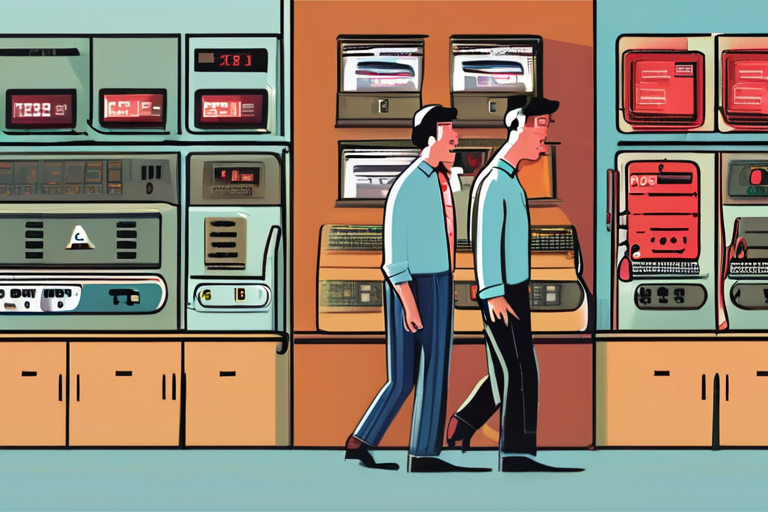
Multi-Source Journalism
This article synthesizes reporting from multiple credible news sources to provide comprehensive, balanced coverage.

Multi-Source Journalism
This article synthesizes reporting from multiple credible news sources to provide comprehensive, balanced coverage.
Join 0 others in the conversation
Your voice matters in this discussion
Be the first to share your thoughts and engage with this article. Your perspective matters!
Discover more articles
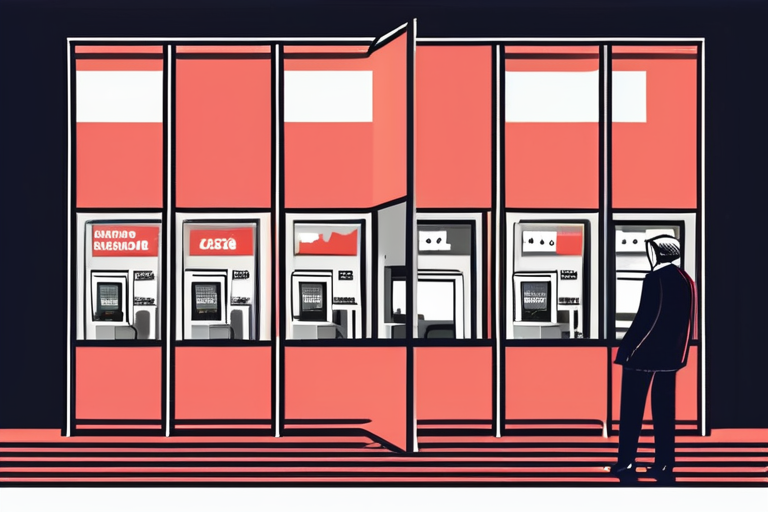
The US economy is facing unprecedented uncertainty due to President Trump's policies, including tariffs, immigration restrictions, and the government shutdown, which has created a volatile environment for businesses, investors, and consumers. Despite
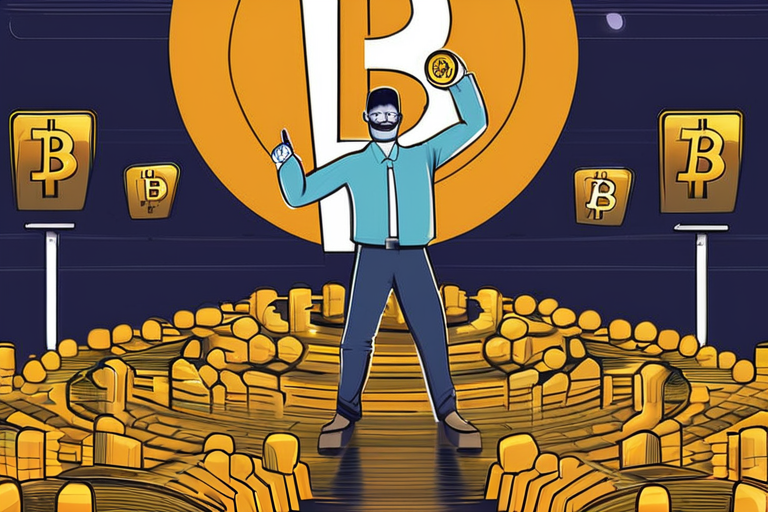
Matt Cole, CEO of Strive Inc, has stated that bitcoin is a viable solution to the current debt crisis, citing its potential to provide a hedge against inflation and currency devaluation. Strive, a digital-asset treasury company, has shifted its focus
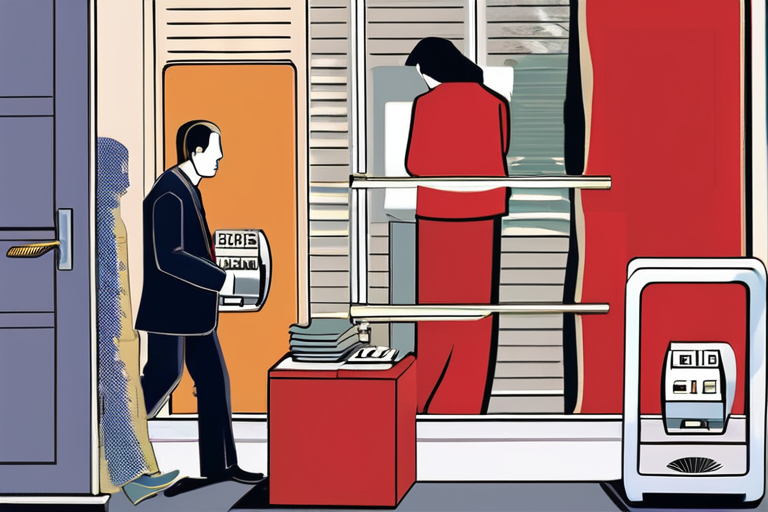
A record-high 1.21 trillion in credit card debt has Americans struggling to stay afloat, with interest rates often exceeding 20%. To combat this crisis, NPR's Life Kit is offering a free one-month newsletter series providing expert guidance on creati
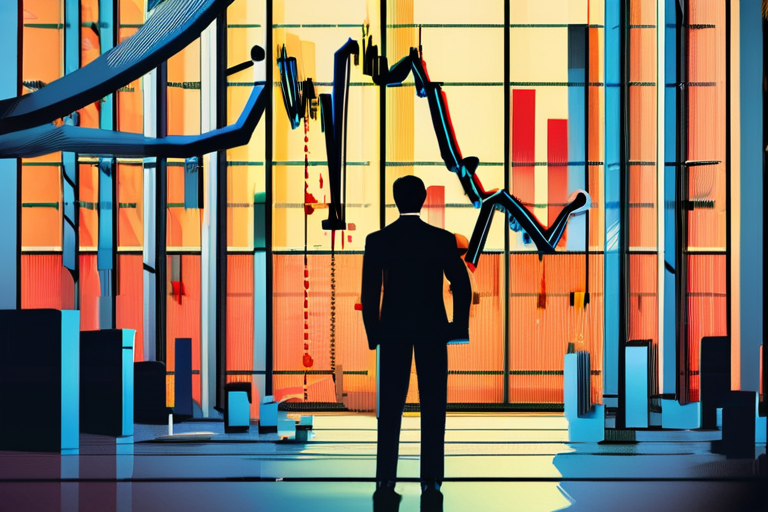
US financial markets have been experiencing periodic bouts of fear and volatility, driven by various factors such as banking sector woes, rekindled US-China tensions, and concerns over a potential AI bubble. Despite these fluctuations, major indexes

A recent trend in subprime auto lending has revealed that the weakest consumers are facing increased financial strain, with risk premiums rising in lower-rated bonds tied to these loans. This shift indicates that investors are becoming more cautious
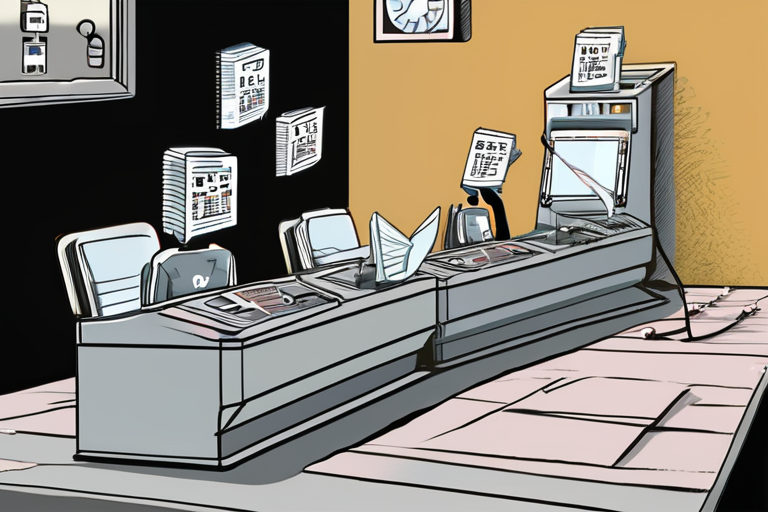
Global debt markets are witnessing a resurgence of distressed sovereign borrowers, including countries with high-risk profiles, as a favorable macroeconomic environment and domestic reforms enable them to regain access to international financing. Thi
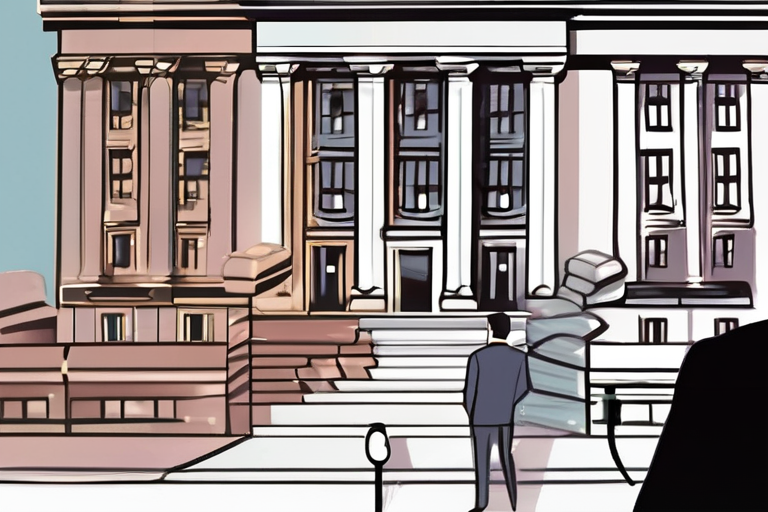
US stocks declined on Thursday, weighed down by disappointing earnings from mid-sized banks that have sparked concerns about the underlying health of the economy. The downturn was driven in part by Zions Bancorp's announcement of a $50 million charge

Automakers have absorbed a significant $30 billion tariff burden this year, amidst supply chain disruptions and semiconductor shortages, yet some major players have managed to post stronger-than-expected quarterly earnings, with General Motors report
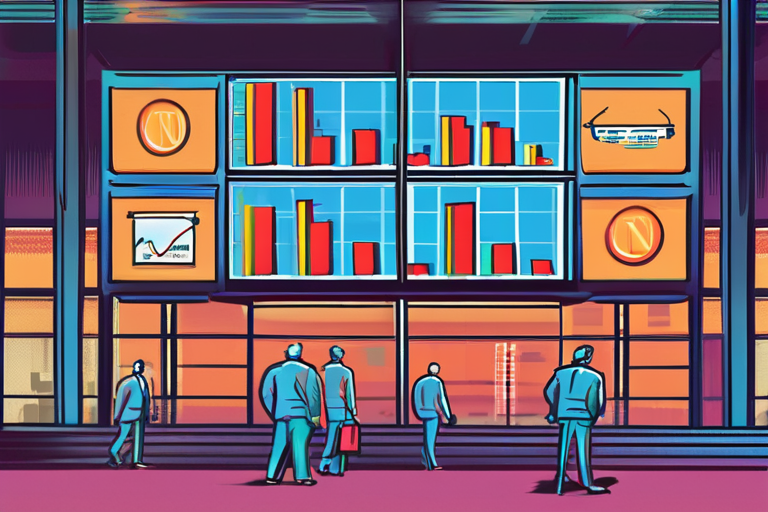
US investors are exhibiting heightened anxiety over the stock market due to recurring bouts of fear triggered by various economic and geopolitical events, including banking sector woes and renewed tensions with China. Despite recent market fluctuatio
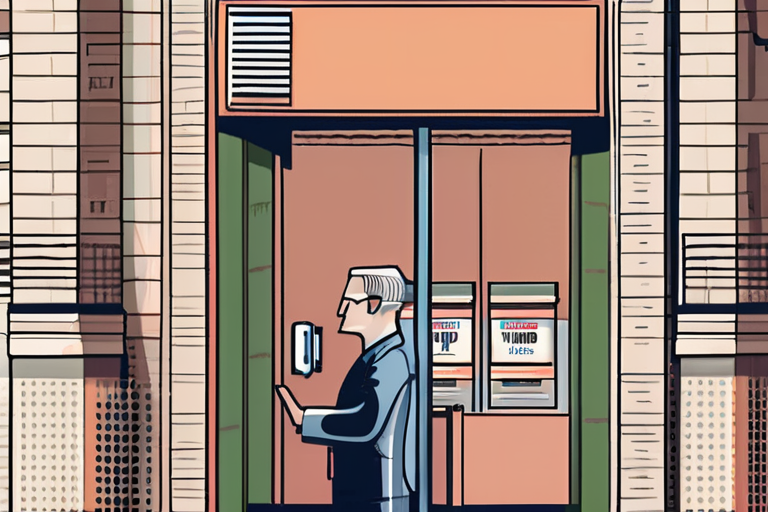
Here is a brief 2-3 sentence summary: US stocks declined on Thursday as concerns over loan quality at mid-sized banks intensified, with Zions Bancorp and Western Alliance Bancorp experiencing significant losses after announcing charge-offs and lawsu
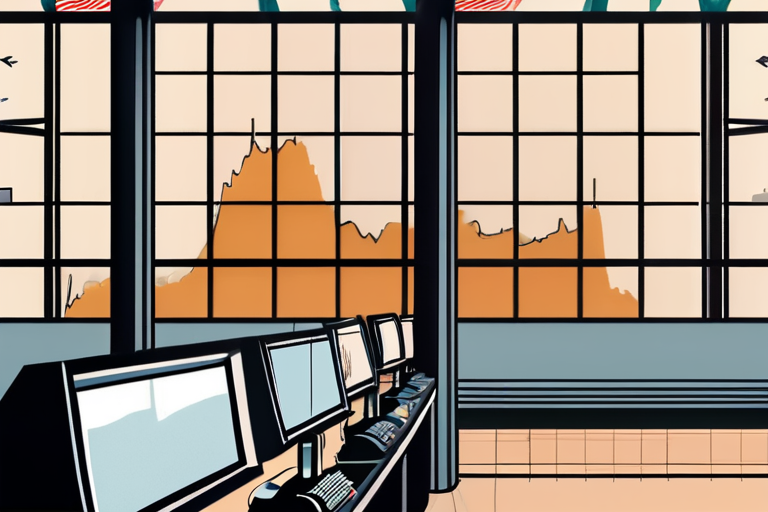
Here is a 2-3 sentence summary capturing the key newsworthy elements: A warning from two US regional lenders about bad or fraudulent loans has triggered a global sell-off in banking shares, causing stock market jitters and prompting concerns over ri

Scope Ratings downgraded the US credit rating to AA- from AA, a one-notch cut, due to the prolonged government shutdown, which has now lasted over three weeks. The move reflects the potential risks to the US economic outlook stemming from the Congres

Bank of America CEO Brian Moynihan has sounded a warning that the US economy risks entering a state of "malaise" due to the prolonged government shutdown, citing a slowdown in deals and reduced spending by federal workers. Moynihan's concerns are fue
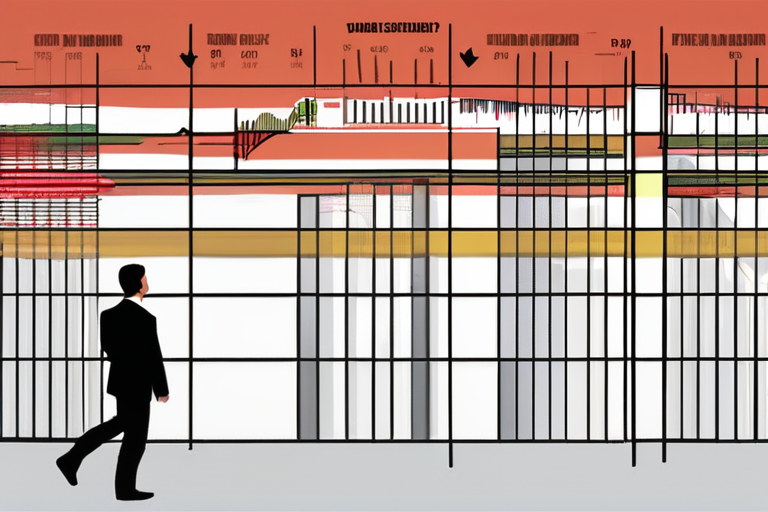
US financial markets have been experiencing frequent bouts of fear, driven by various factors such as banking sector worries, rekindled US-China tensions, and concerns over a potential AI bubble. Despite these fluctuations, major indexes like the S&P
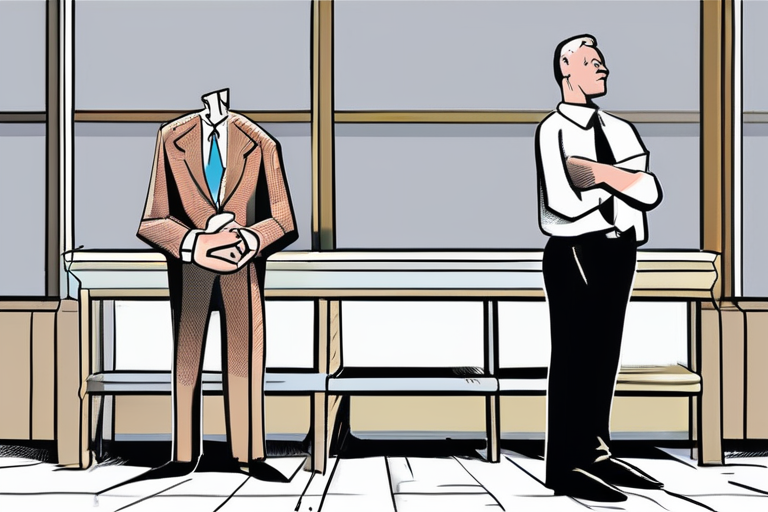
Global banks are increasingly imposing stricter legal terms on debt-ridden companies in private credit deals, signaling a cautious approach to potential economic distress on the horizon. This trend is exemplified by JPMorgan's recent refinancing of C
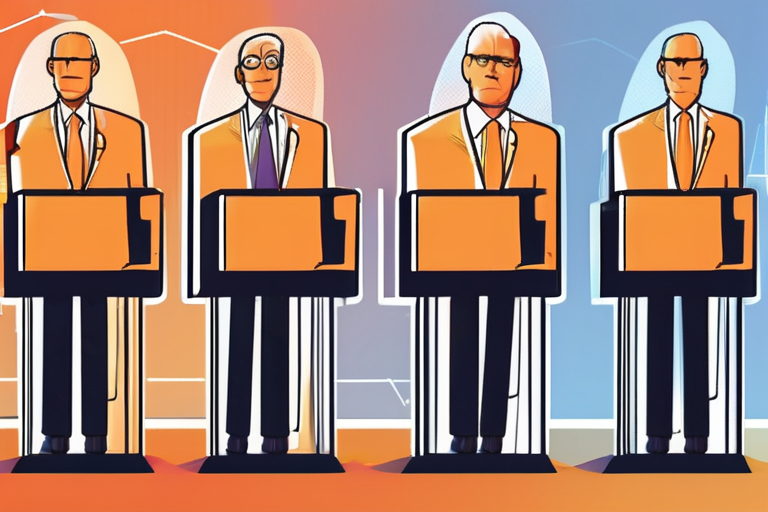
Top finance CEOs, including JPMorgan's Jamie Dimon and BlackRock's Larry Fink, downplayed risks in credit markets at the Future Investment Initiative summit in Riyadh, despite Saudi Arabia's challenges with lower oil prices and a budget deficit. The
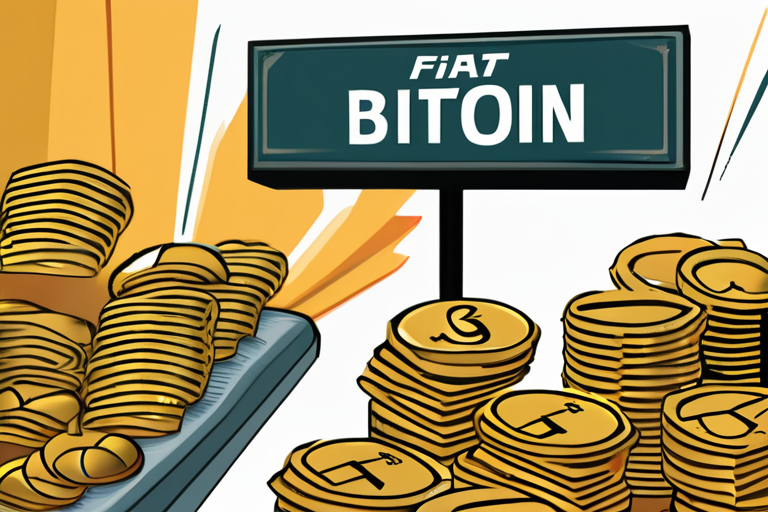
Major corporations are increasingly adopting Bitcoin as a reserve asset, with over 1 million BTC held in corporate treasuries worth an estimated $120 billion, as companies seek to mitigate the effects of monetary debasement and inflation on their bal
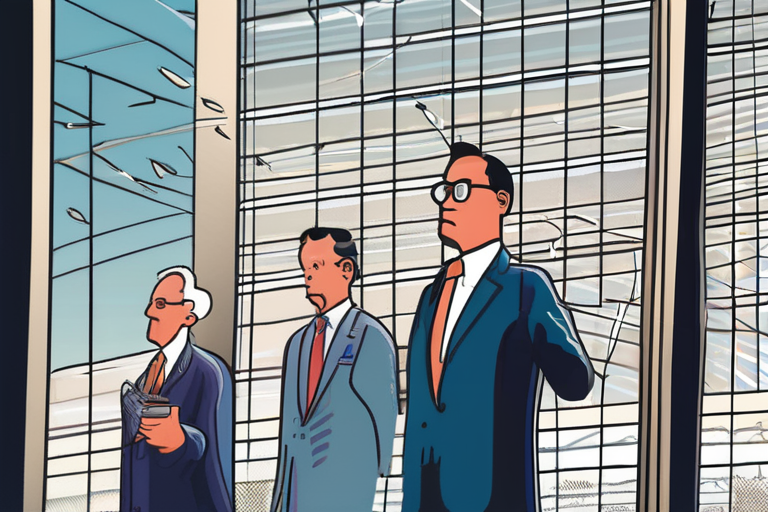
US investors are exhibiting growing nervousness over the stock market, driven by recent bouts of fear triggered by banking sector woes, US-China trade tensions, and concerns over a potential AI bubble. Despite posting gains since the start of the yea
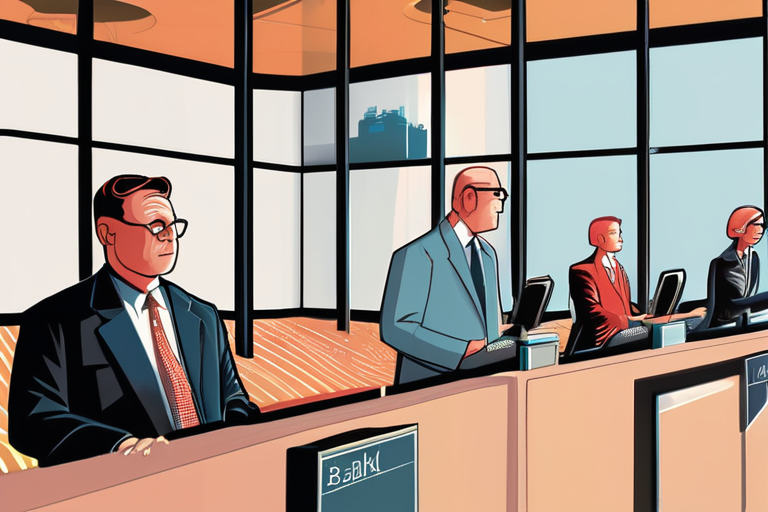
A warning from two US regional lenders about potential fraud has sent shockwaves through global markets, causing a sharp decline in banking shares worldwide. The concerns over Western Alliance Bank and Zions Bank have sparked fears of broader sector
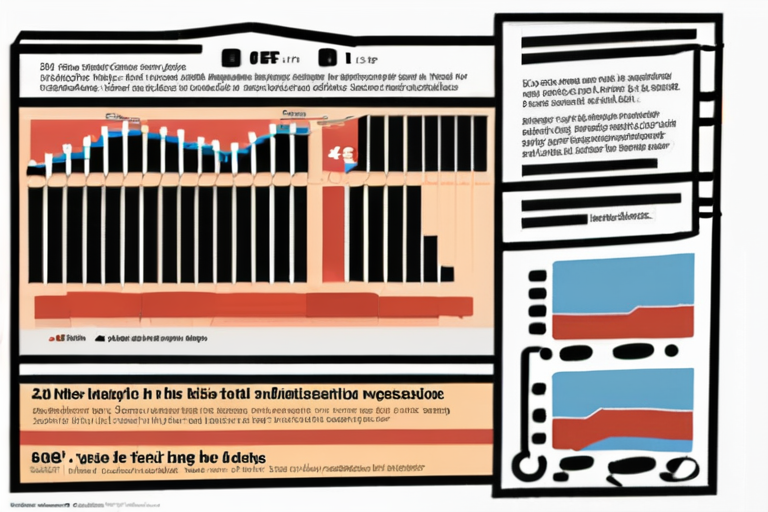
Bank of America analysts have declared the recent stock market downturn as the "end of the cutting season," suggesting the Federal Reserve may have concluded its interest rate cuts for the year. However, investors are now on high alert for potential
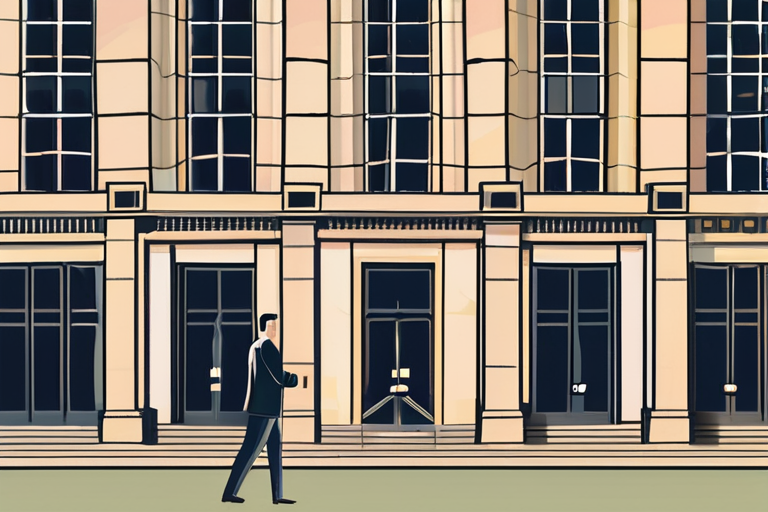
Wall Street's top banks have shattered earnings records, but regional lenders are sparking investor concerns about potential loan risks, echoing memories of Silicon Valley Bank's collapse two years ago. However, analysts argue that the current situat

Global markets plummeted today as fears of private credit "contagion" spread across equities and the dollar, with bank stocks leading the decline. The sharp selloff was triggered by revelations that two US regional banks had exposure to potentially f
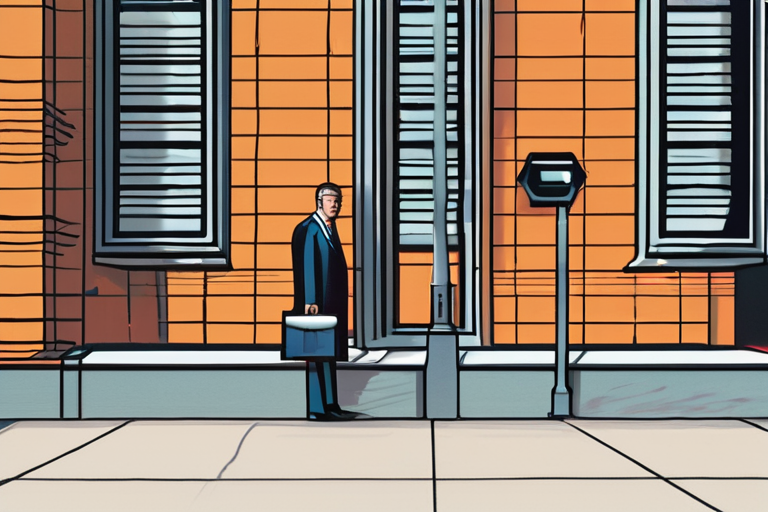
Regional banks such as Zions Bancorporation and Western Alliance Bancorp have sparked investor concerns with revelations of potential misrepresentations by borrowers and allegations of fraud, leading to a sharp decline in their stock prices. However,
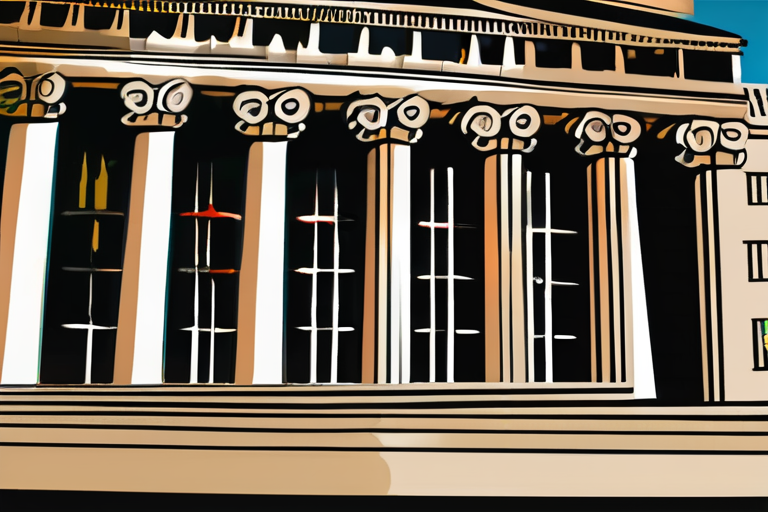
US investors remain on edge due to frequent market volatility, driven by concerns over banking sector losses, rekindled US-China tensions, and potential AI market bubbles. Despite recent fluctuations, major indexes have still posted gains since the s
Share & Engage Share
Share this article